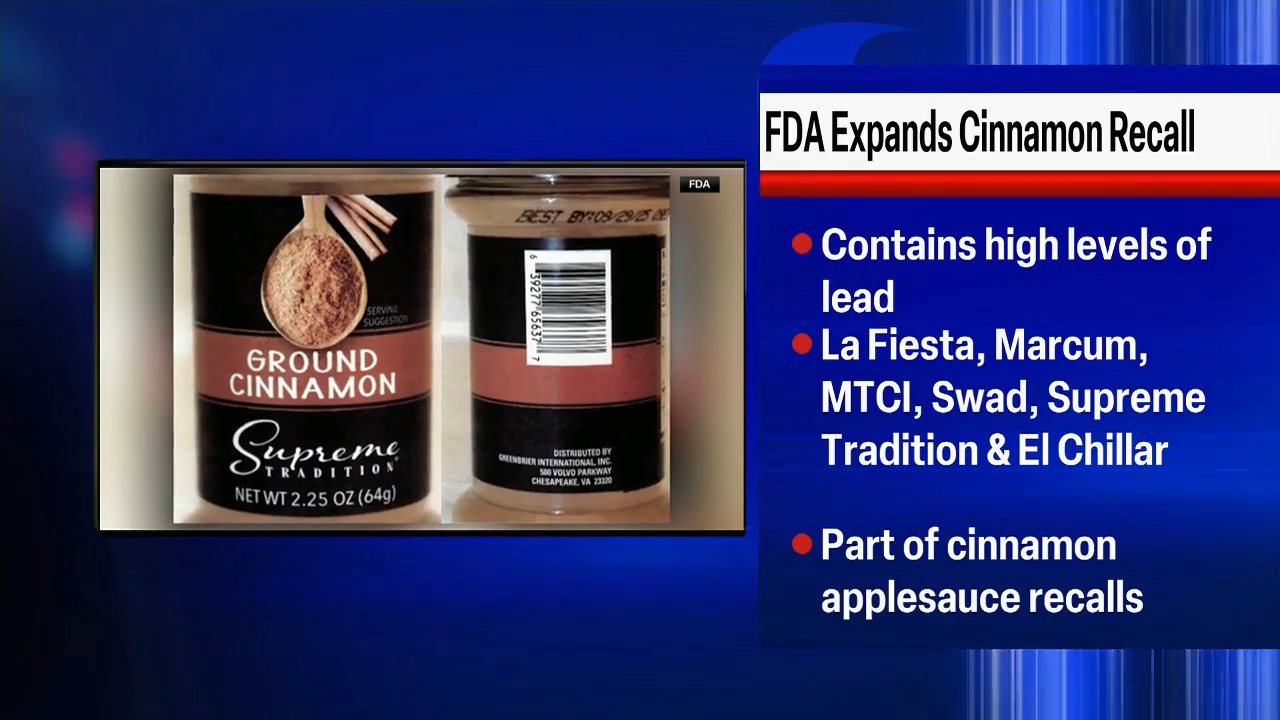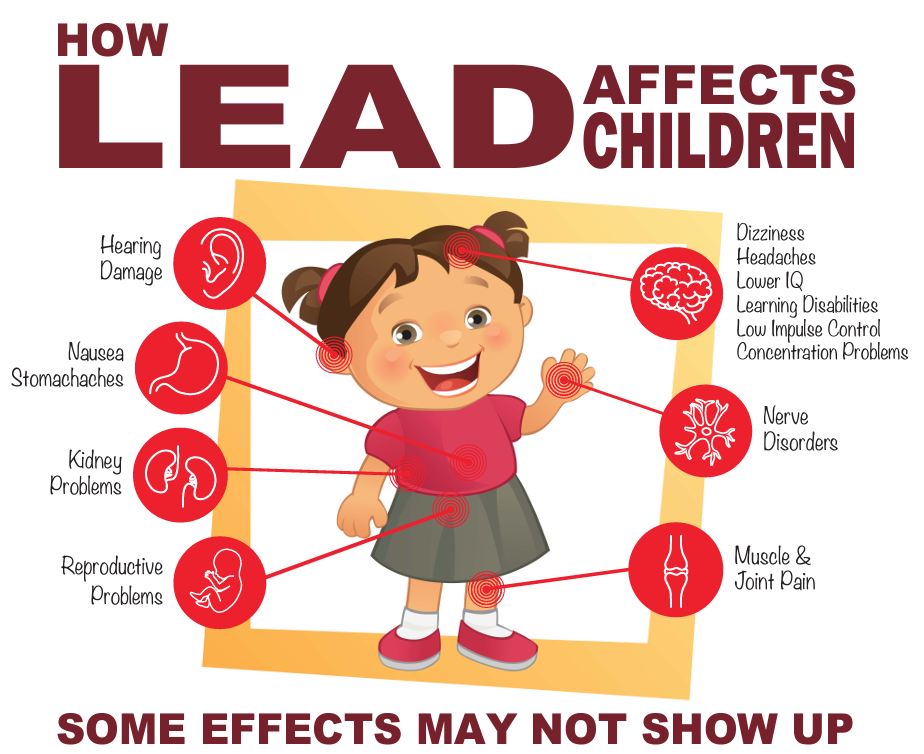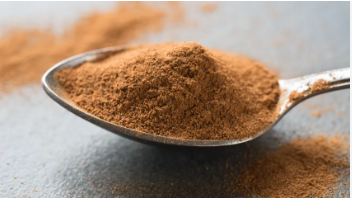The FDA advised consumers to cease using and discard the ground cinnamon product.

In a fresh advisory sent on Thursday, the Food and Drug Administration stated that it has discovered another cinnamon product that is distributed in the United States that contains lead contamination.
The ground cinnamon, marketed under the brand El Servidor and supplied by the same-named firm in Elmhurst, New York, is another addition to the expanding list of cinnamon products that the FDA has determined to contain excessive amounts of lead.
Testing revealed that the cinnamon had 20 parts per million of lead, which was high. The Food and Agriculture Organization of the United Nations has recommended an international safety threshold of 2.5 parts per million of lead for bark spices like cinnamon, however the FDA does not set any limitations on lead levels in spices.

The distributor was requested by the FDA to voluntarily recall the goods.
The FDA issued a warning in March regarding lead in cinnamon that was sold at Family Dollar, Dollar Tree, and other retailers. Lead concentrations in the goods ranged from 2.03 to 3.4 parts per million.
5,110 parts per million of lead were discovered in one sample of cinnamon that was used in the previously recalled WanaBana apple cinnamon fruit puree.
It’s unclear if the cinnamon mentioned in the most recent notice was circulated more broadly, although it was available for purchase at a store in New York City. When contacted for comment, the FDA remained silent.
George Washington University School of Medicine and Health Sciences’ director of integrative medicine, Leigh Frame, referred to the recent recall as “alarming.”
“We sort of assume things are safe until proven otherwise,” Frame stated. “We don’t really have these recalls until individuals become ill. People have frequently already used the things, therefore it’s too late.”
In an ideal world, she said, the FDA could screen food goods for harmful toxins before consumers are exposed, allowing them to get in front of recalls.
“It’s a little scary to think about all the things that potentially could be lurking in our food system because we don’t have the resources,” Frame stated.
There were no reported illnesses in the FDA warning. Customers were instructed by the agency to discontinue using and discard the goods.
Lead is poisonous, especially to young people.

High lead concentrations may be quite harmful to the body, especially in young children, who are more vulnerable due to their developing bodies and smaller stature. In this age group, high lead exposure can result in long-term neurological and developmental issues such learning impairments and decreased IQ.
Frame suggests minimizing exposure to cinnamon, especially for young children, but does not believe that consumers should totally avoid it.
“To lessen the exposure, try switching to a different variety of cinnamon oatmeal for a while until we figure things out if you have it every morning,” she said.





